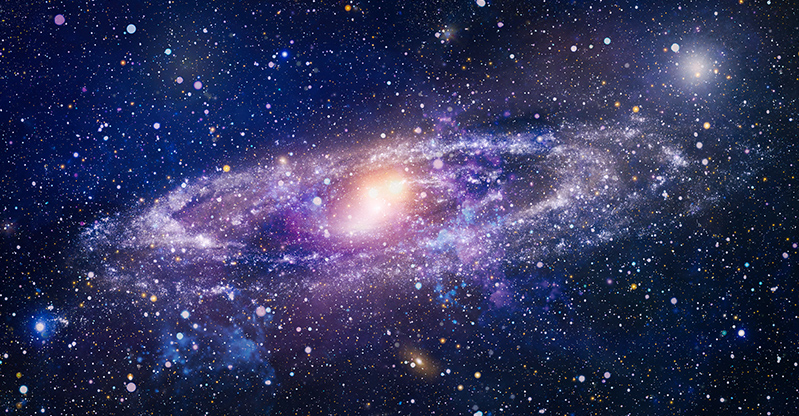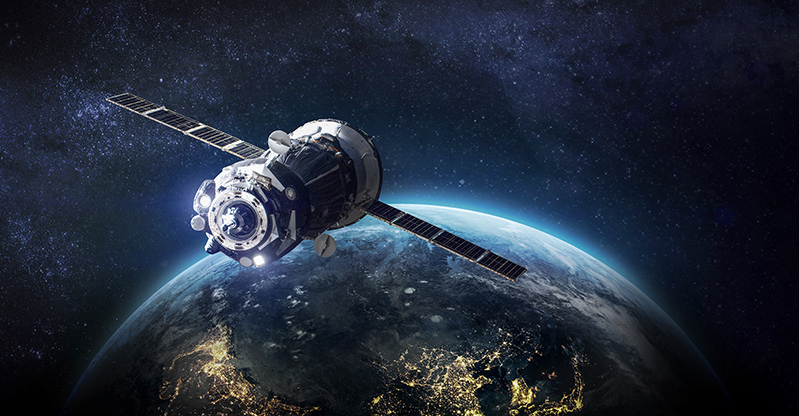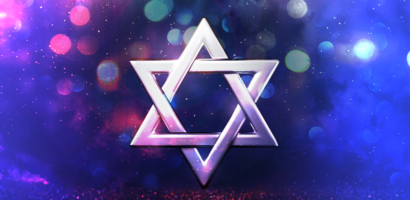Very often, we bring you interesting articles to expand your Hebrew vocabulary. In the past, we have taught you all the Hebrew vocabulary you’ll need when working in an Israeli office. And we talked about the Hebrew words you’ll need when traveling around Israel with babies and young children.
At this point, we want to do something slightly different. Today, we want to give you a different kind of Hebrew vocabulary; one that will make you think of Neil Armstrong, Valentina Tereshkova, Sally Ride, Buzz Aldrin, or maybe of the recent movies set in outer space.
Because it is amazing to watch an eclipse and it is incredible to realize how many billions upon billions of stars there are. Because we love the moon and the universe.
Because it is crazy to think that the stars we see at night are what they were tens or hundreds or thousands or millions of years ago…
Because of all of that and much more, we want to give you all the Hebrew words you need to talk about space, the universe, the planets, the stars, the galaxies, etc.
Are you ready to learn? Is your astronaut suit ready? Great! If you want, you can start breathing like you’ve got an oxygen tank and mask on while reading this short article, to create a bit of a relevant atmosphere…
The amazing universe and its breathtaking elements, in Hebrew!
In 2019, Israel sent the Beresheet, a small robotic lunar lander, to the moon. Since then, we’ve been wanting to share these words with you.
We know it is not only about the moon. We know there is much more to see than we ever will. That is why today we bring you these nine Hebrew astronautical words for you to learn.
Start talking about the universe in the language of your ancestors. And as a famous, fictional astronaut would say: to infinity and beyond!
Sun
Sun in Hebrew is שמש (pronounced: sheh-mesh) and you should be very careful with it when coming to Israel. If you decide to visit the land of milk and honey during the summer and go surfing, you should definitely bring sunscreen… And use it!
The sun, which is the closest star to the planet earth, is – together with water – our source of life. So show some respect for it! Many smart Israelis are creating phenomenal technological ways to install solar panels and use that instead of traditional electrical power.
Sustainability on top of everything!

Moon
The moon is gorgeous. Is there anything better than having a romantic date in Israel and it winding up looking at a full moon from one of Israel’s top landscapes? The moon is not only beautiful, but it is also very important for the Jewish people.
Our calendar is lunar, so the moon is a central part in our holidays and traditions. Moon in Hebrew is ירח (pronounced: yah-reh-ach) and there is nothing more special than looking at a full moon in Israel.

Stars
Stars in Hebrew are כוכבים (pronounced: koh-cha-veem) and you can also use this word to talk about Hollywood stars (just in case you were wondering).
One of the best places in Israel to look at the stars is Mitzpe Ramon. Located in the south of Israel, Mitzpe Ramon and its surroundings offer an extraordinary open-sky experience to look at the stars in a way you’ve never, ever experienced before. It is just breathtaking!

Planet
We can spend hours debating if our solar system has eight or nine planets, but this is not the point right now.
We could also talk about whether there is life on the planet Mars, but that is not the point either.
Or, we could discuss how many rings Saturn has… but, indeed, that is not the point today.
Planet in Hebrew is כוכב לכת (pronounced: koh-chav leh-chet). So, whenever you feel like talking about these subjects we mentioned above, you already know how to say ‘planet’ in Hebrew. Way to go!

The Universe
We briefly talked about this concept when we gave you Hebrew words for spirituality and religion, but today we want to talk about it from another perspective, although everything is related, isn’t it?
The Universe in Hebrew is יקום (pronounced: ye-koom), and just as you might have imagined… it might be infinite (it’s a matter of debate_. How far does the יקום go? Are we the only planet with intelligent life? Many questions will arise, so if you find some interesting answers, we invite you to write them down in the comments below.

Spaceship
Which kind of artifacts go to space? What can we send to outer space to explore? A חללית. Spaceship in Hebrew is חללית, and it is pronounced cha-lah-lit. There are many חללית that have been spent to outer space over the decades.
What do they have in common? They’re all crewed by astronauts or cosmonauts. One day, hopefully, we will be able to follow explore the solar system and beyond with them.
But for right now… there are too many hurdles to bypass. Such has cosmic radiation and the effects of space debris and micro asteroids would have on the ship itself.
Let’s hope that scientists can get past these issues to space travel. Because we’re excited to add new Hebrew words to our vocabulary… like the names of extraterrestrial life we meet along the way!

Astronaut
Great heroes who go beyond the sky’s limitations to give us more information about our amazing Universe. But, how do you say “astronaut” in Hebrew? Well, in Hebrew it is said טַיָס חָלָל which literally means “Space Pilot” and it is pronounced “tah-yas cha-lal”. So, you also wanted to become a טַיָס חָלָל as a kid? You still have time!

Outer Space
Outer space in Hebrew is חלל (pronounced: cha-lal). החלל is so huge, that some people believe that there are many יקומים in it. Israel might not have the observatories they have in Chile (God bless the Tololo observatory!), but there is an ongoing professional effort to put Israel in first place in the outer space race.
Subscribe to our newsletter
Learn Hebrew slang, take a virtual tour across Israel, discover the best local food and so much more
The Milky Way
Our home! Our neighborhood! Our lovely tiny area within the יקום and the חלל. The Milky Way in Hebrew is שביל החלב (pronounced: shveel-ha-cha-lav). Where in the שביל החלב would you want to go? To which כוכב לכת would you like to go on a trip? Let us know in the comments of this article.
Learn Hebrew today. Travel around the Universe tomorrow.
There’s one thing for sure: at least today, it will be much easier to learn Hebrew than to go check if there is intelligent life in other planetary systems. Join one of the Rosen School’s online Hebrew courses and start mastering this ancient language.
Hebrew is not as far away as the closest star or planet. Hebrew is just around the corner! Learning it is not rocket science, and you’ll be surprised with your results after only a few lessons with Rosen’s outstanding instructors. Are you ready to learn Hebrew? The time is now!











 Available on WhatsApp
Available on WhatsApp
Join the conversation (No comments yet)